diy lifepo4 battery pack
DIY Lithium Iron Phosphate (LiFePO4) Battery Pack: A Comprehensive Guide
As the world shifts toward renewable energy and sustainable living, the demand for reliable and efficient energy storage systems has skyrocketed. Lithium-ion battery solutions, particularly those using Lithium Iron Phosphate (LiFePO4) chemistry, have emerged as a preferred choice for both homeowners and industrial applications. In this blog, we will delve into the intricacies of building a DIY LiFePO4 battery pack, explore its benefits, and discuss how it fits into the broader context of green energy and home energy management.

Introduction: The Rise of Renewable Energy and Battery Storage
The global energy landscape is undergoing a significant transformation. With the increasing focus on reducing carbon emissions and achieving energy independence, renewable energy sources like solar and wind are becoming more prevalent. However, the intermittent nature of these sources necessitates efficient energy storage systems to ensure a stable power supply.
According to the International Energy Agency (IEA), the global solar PV market is expected to grow by 30% over the next five years. This growth underscores the importance of reliable battery storage solutions to complement renewable energy systems. For homeowners and businesses looking to adopt green energy, understanding the nuances of battery storage is critical.
Building a DIY LiFePO4 Battery Pack: Why It’s Worth Considering
While pre-made lithium-ion battery solutions are widely available, many enthusiasts and professionals are turning to DIY approaches to customize their energy storage systems. A DIY LiFePO4 battery pack offers several advantages, including cost savings, scalability, and the ability to tailor the system to specific needs.
Key Advantages of LiFePO4 Batteries Safety and Stability: LiFePO4 batteries are known for their thermal stability and lower risk of combustion, making them a safer option for both residential and industrial use. Longevity: With a typical lifespan of 5-10 years, LiFePO4 batteries outperform many other lithium-ion chemistries in terms of durability. Energy Density: These batteries offer a high energy density, allowing for compact and efficient storage solutions. Depth of Discharge (DoD): LiFePO4 batteries can be discharged to 80% without significantly affecting their lifespan, providing greater flexibility in energy usage. Getting Started with a DIY LiFePO4 Battery PackBuilding a DIY LiFePO4 battery pack requires careful planning and execution. Here are the essential steps to consider:
Battery Cells Selection: Choose high-quality LiFePO4 battery cells from reputable manufacturers. Ensure that the cells are compatible and suitable for your intended application. Cell Balancing: Proper cell balancing is crucial to ensure that all cells in the pack are charged and discharged evenly. This step can significantly impact the overall performance and longevity of the battery pack. Battery Management System (BMS): A reliable BMS is essential to monitor and protect the battery pack from overcharging, deep discharging, and overheating. Enclosure and Safety Measures: Use a sturdy enclosure to protect the battery pack from physical damage and environmental factors. Incorporate safety measures such as temperature sensors and fire-resistant materials.The Role of LiFePO4 Batteries in Home Energy Storage Systems
For homeowners looking to adopt renewable energy, integrating a LiFePO4 battery pack into a home energy storage system (HES) can provide numerous benefits. These systems allow families to store excess energy generated by solar panels during the day and use it during peak hours or power outages.
Maximizing Efficiency: The Importance of a Robust Battery Management SystemThe efficiency of a LiFePO4 battery pack heavily relies on the performance of its Battery Management System (BMS). A high-quality BMS ensures optimal charge and discharge rates, preventing overcharging and deep discharging, which can degrade battery performance over time.
Cost Considerations: DIY vs. Pre-Made SolutionsWhile DIY LiFePO4 battery packs can be cost-effective, they require significant upfront investment in materials, tools, and expertise. For homeowners with basic DIY skills and some technical knowledge, a DIY approach can be a feasible option. However, for those with limited experience, pre-made lithium-ion battery solutions may offer a more practical and reliable alternative.
Addressing Supply Chain Challenges and Raw Material Availability
The growing demand for lithium-ion batteries has raised concerns about the availability of raw materials and the environmental impact of battery production. While LiFePO4 batteries are generally considered more sustainable due to their lower cobalt content, the supply chain challenges remain a concern.
The Role of Recycling and SustainabilityTo mitigate supply chain risks, it is crucial to consider the environmental impact of battery production and end-of-life management. Recycling programs and sustainable sourcing practices can help reduce the environmental footprint of lithium-ion batteries.
Integrating LiFePO4 Batteries with Renewable Energy Systems
When combined with renewable energy sources such as solar and wind, LiFePO4 batteries provide a seamless solution for energy storage and management. For example, a home solar energy system equipped with a LiFePO4 battery pack can store excess energy during daylight hours and provide power during nighttime or cloudy days.
Case Study: A Successful IntegrationConsider a family in a remote area with limited access to the grid. By installing a solar PV system and a DIY LiFePO4 battery pack, they were able to achieve energy independence and reduce their reliance on fossil fuels. The battery pack not only provided a reliable energy source but also minimized their electricity costs by 80%.
: Harnessing the Power of LiFePO4 Batteries for a Sustainable Future
The increasing adoption of renewable energy sources and the growing demand for efficient energy storage solutions have made LiFePO4 batteries a critical component of modern energy systems. Whether you’re building a DIY battery pack or opting for pre-made solutions, understanding the benefits and challenges of LiFePO4 batteries is essential for making informed decisions.
By leveraging the advantages of LiFePO4 batteries, homeowners and businesses can reduce their carbon footprint, achieve energy independence, and contribute to a more sustainable future. For more information on how BasenPower can help you design and implement a high-quality lithium-ion battery solution, visit our website today.

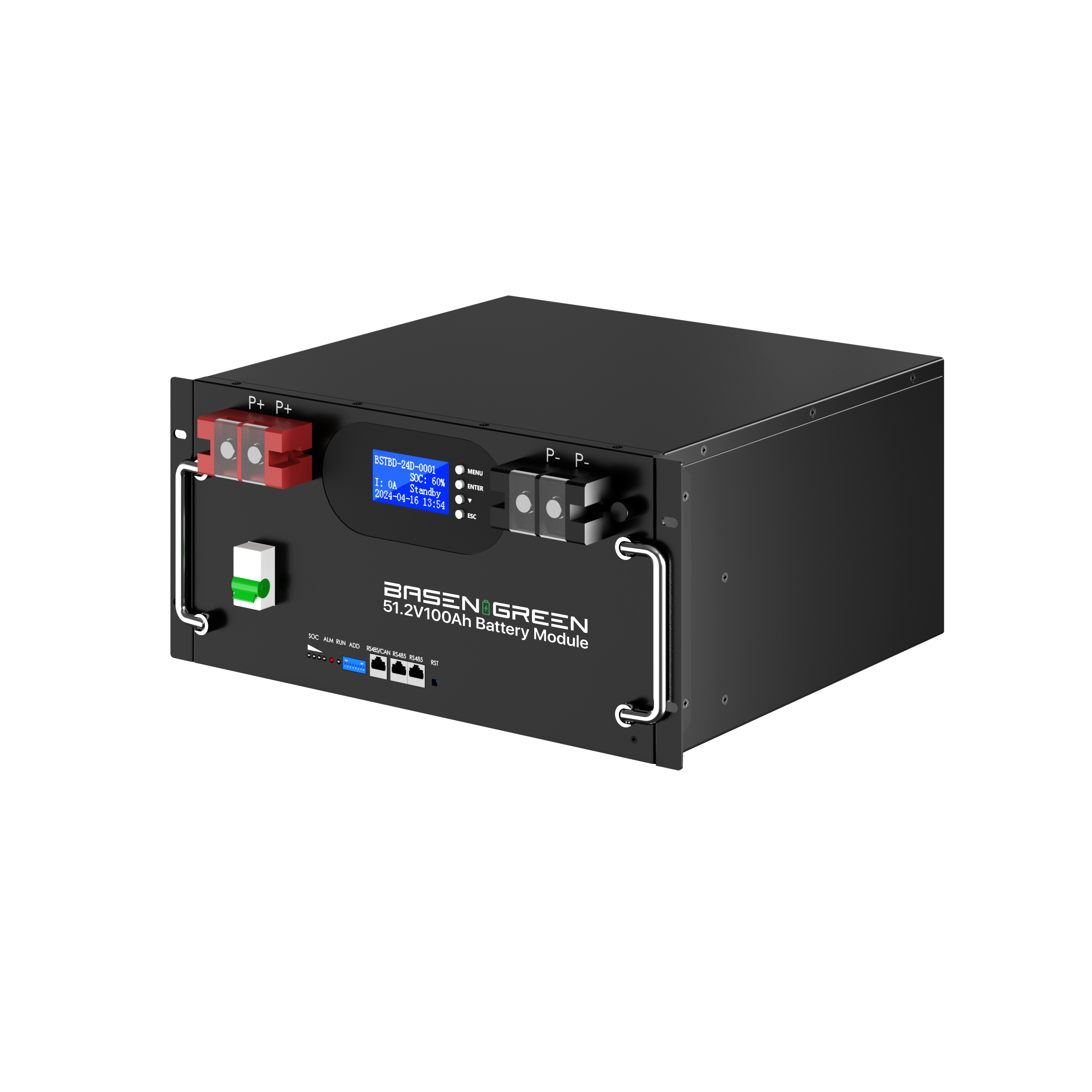
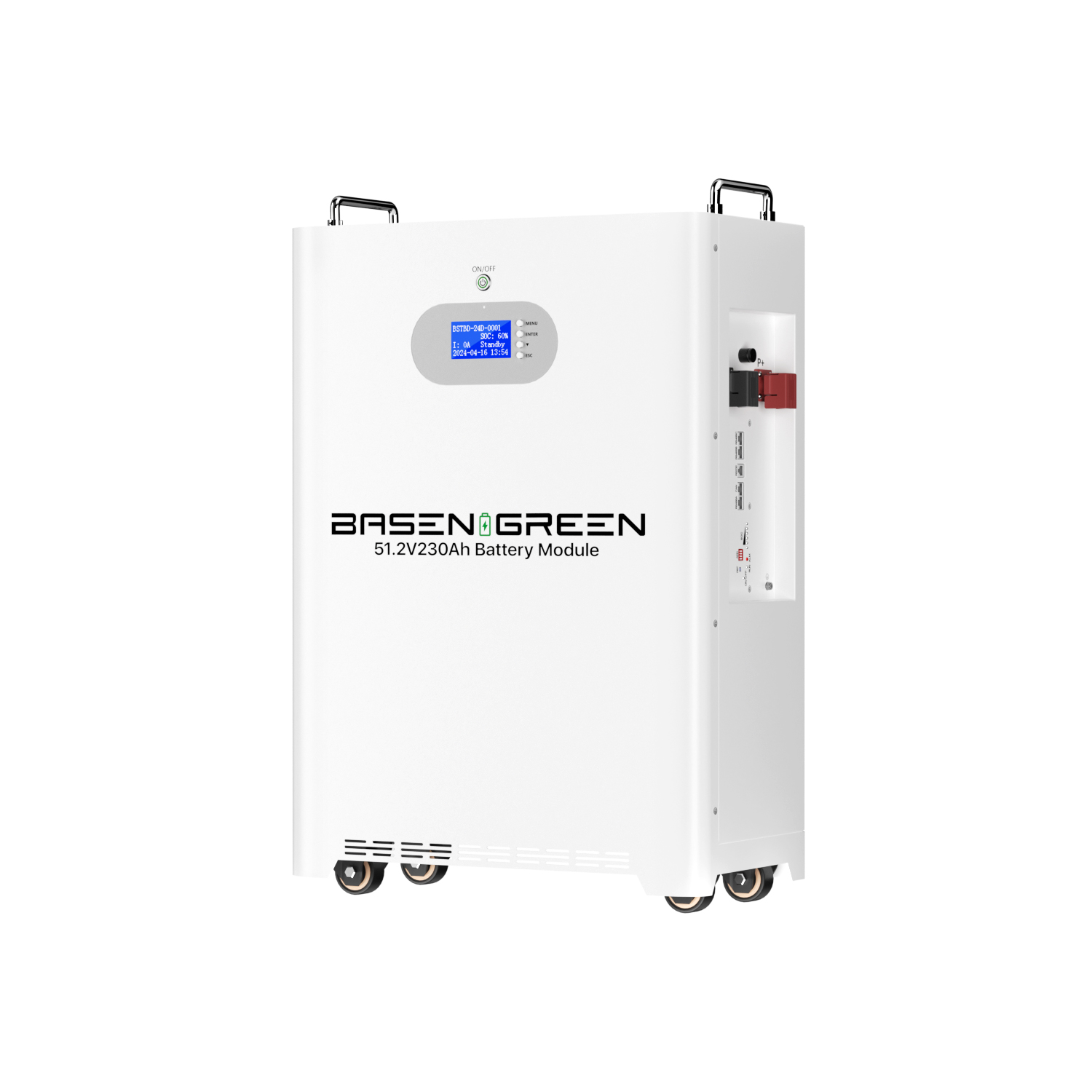

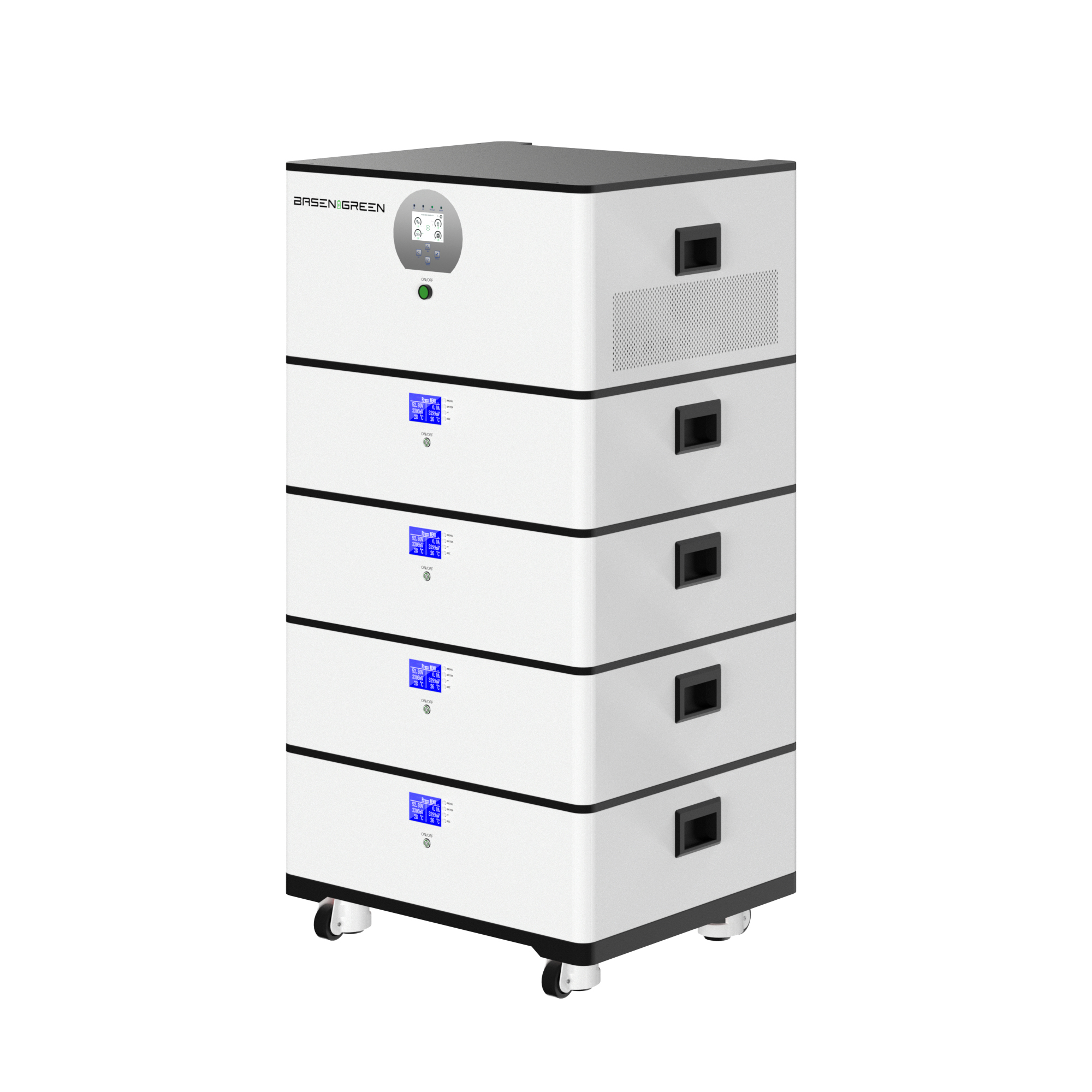

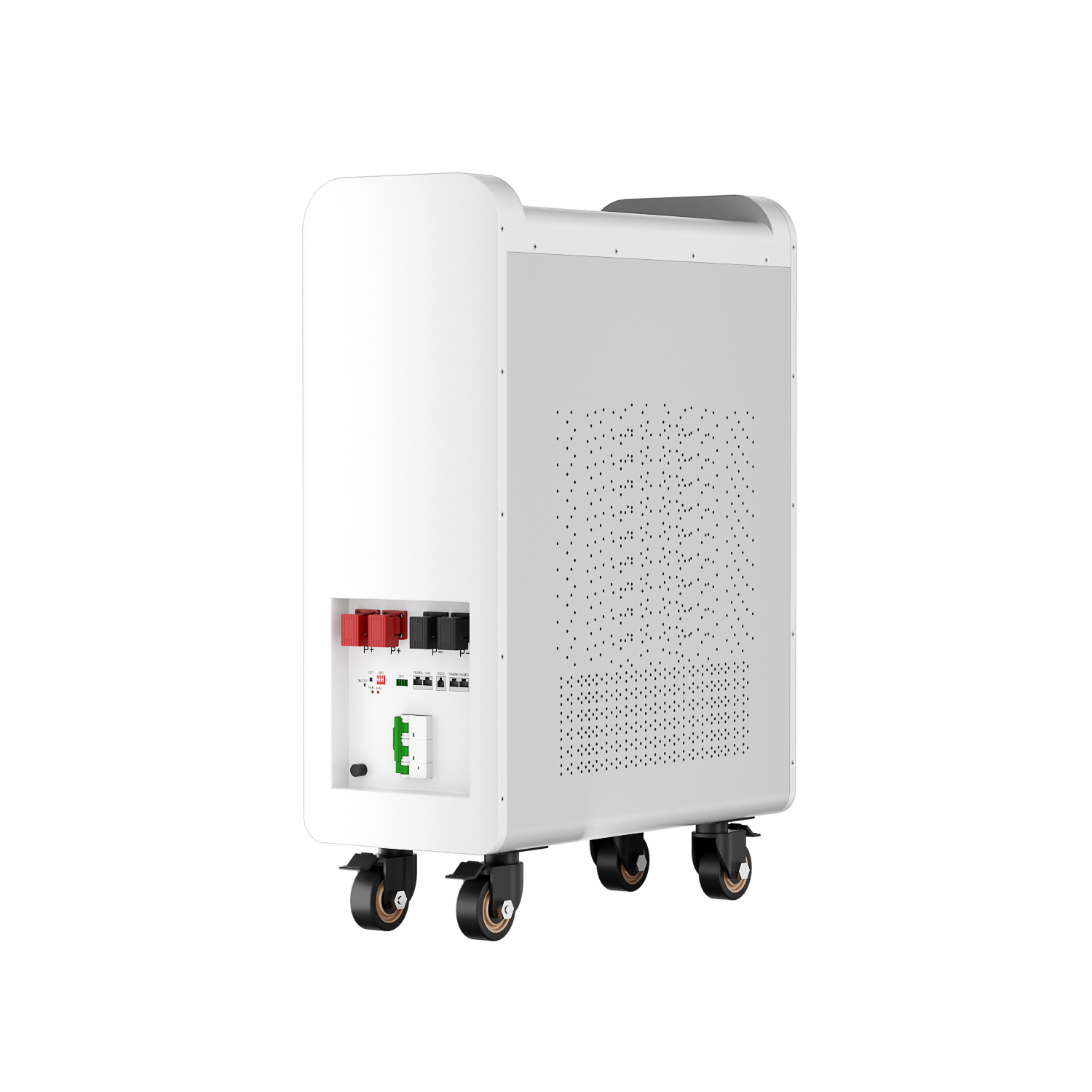
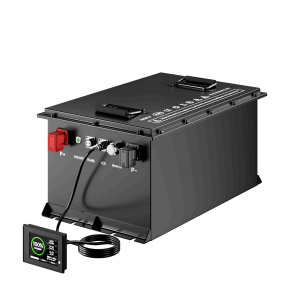
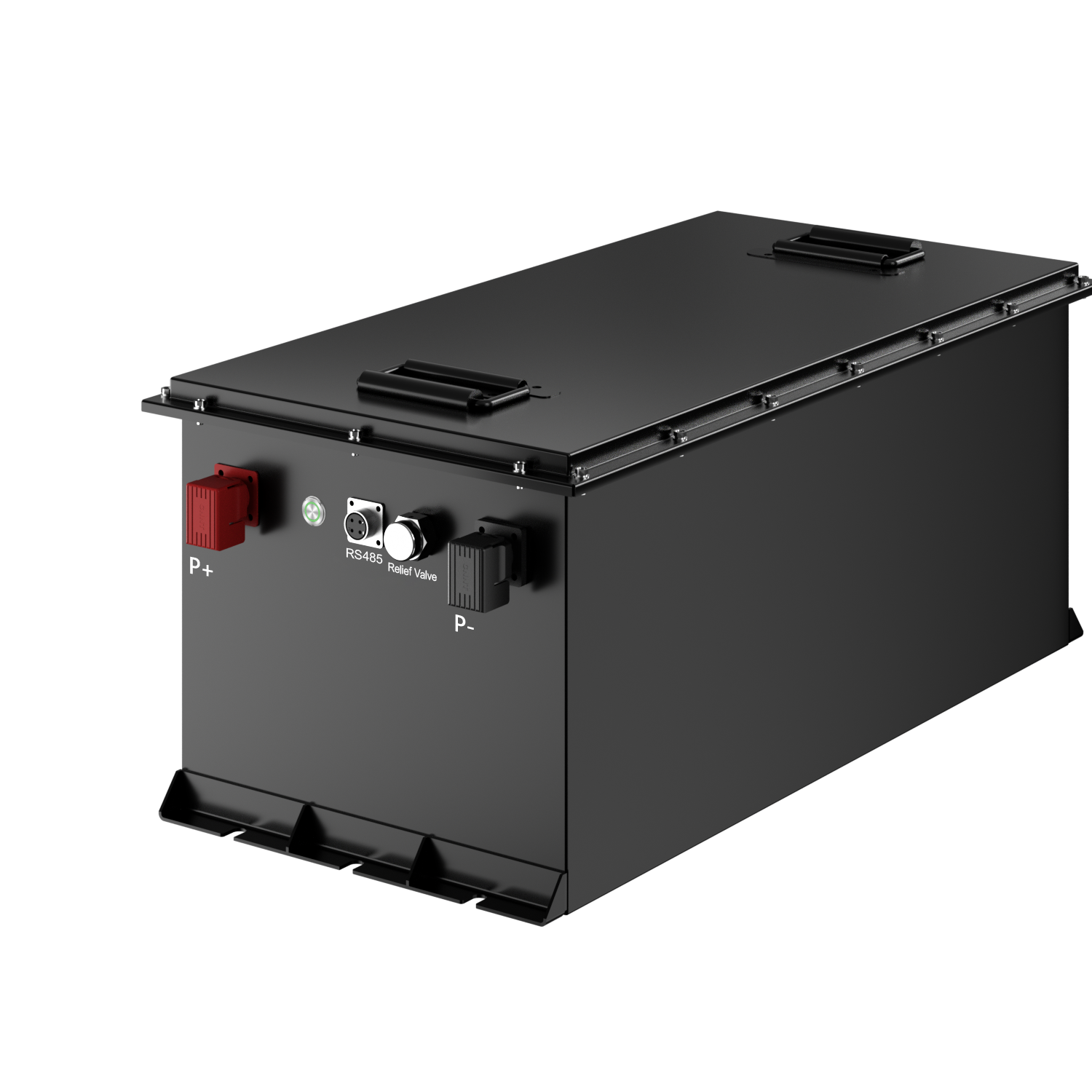
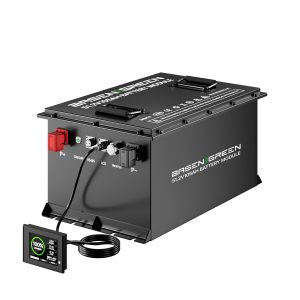
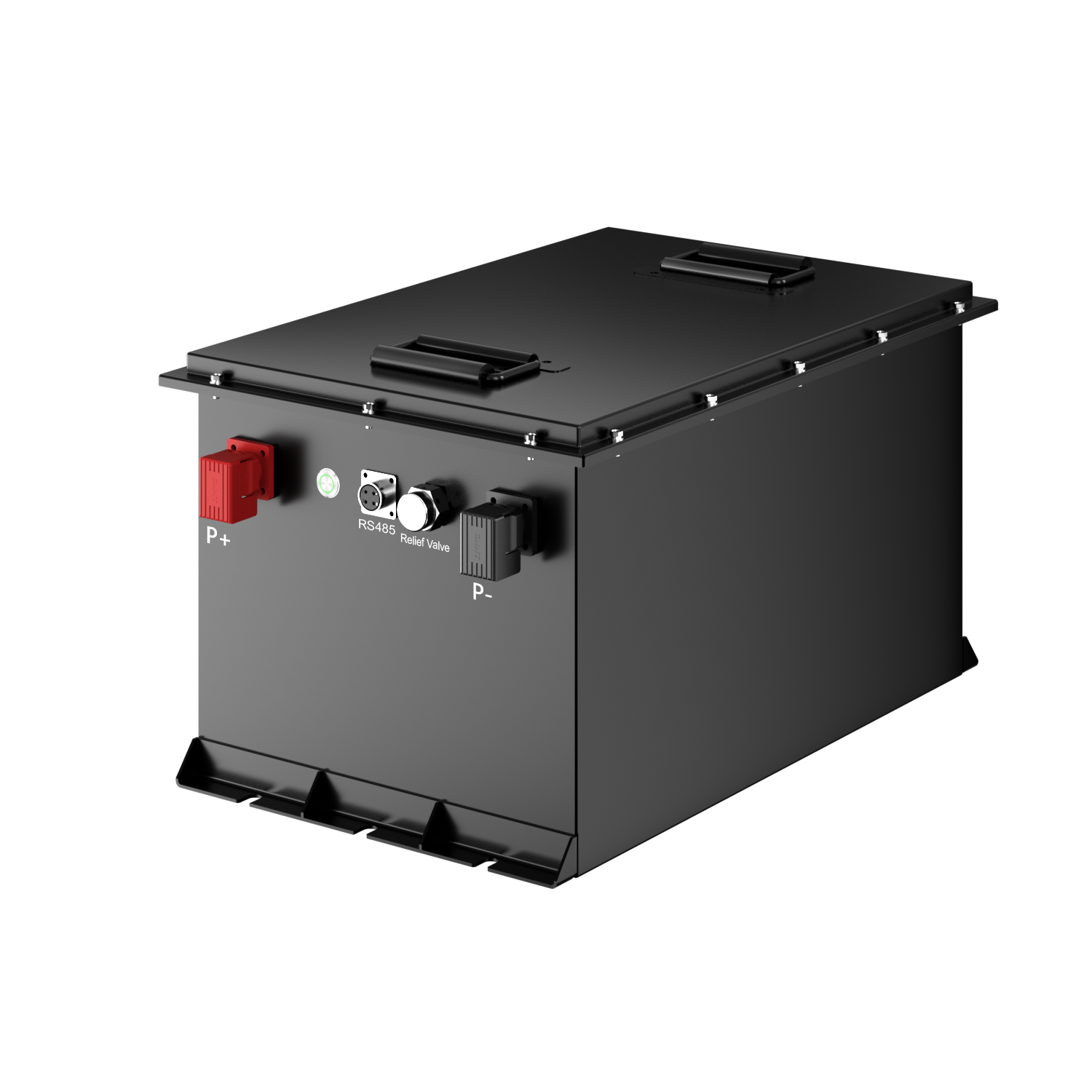
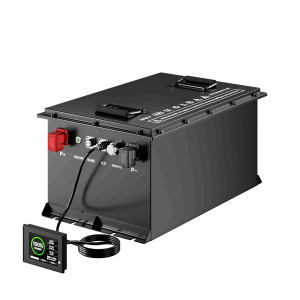
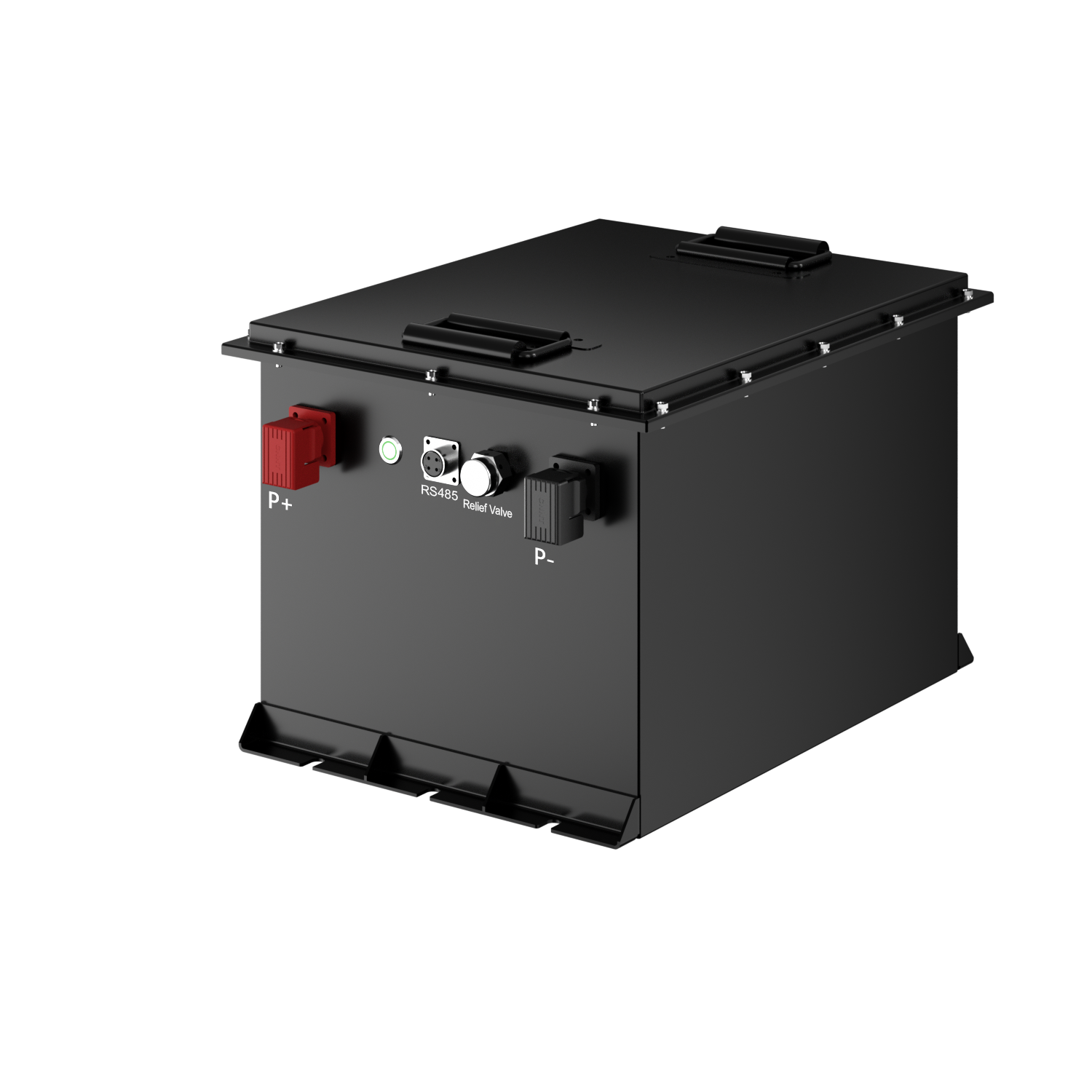
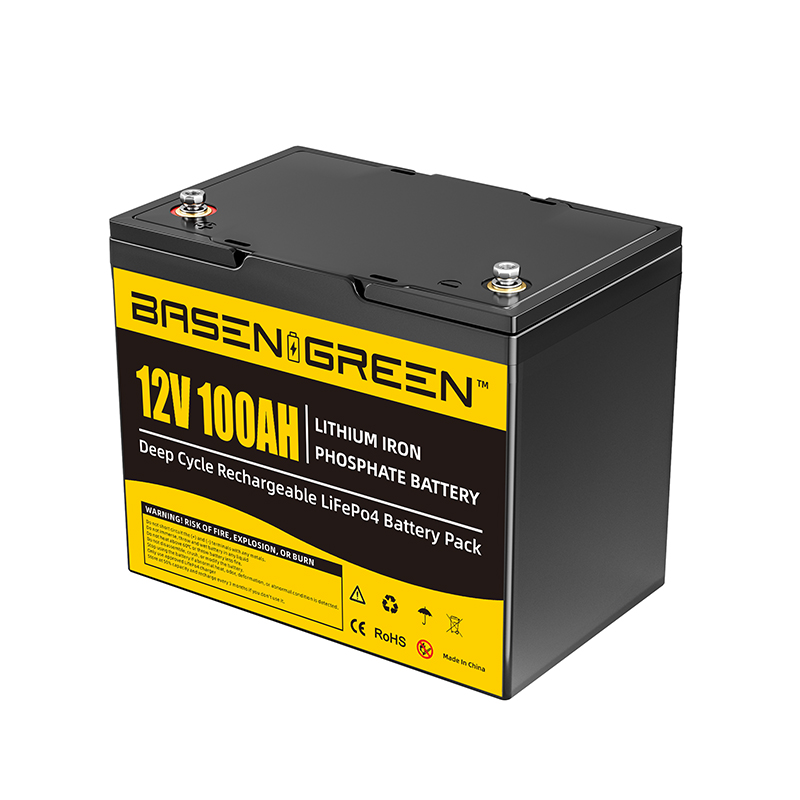

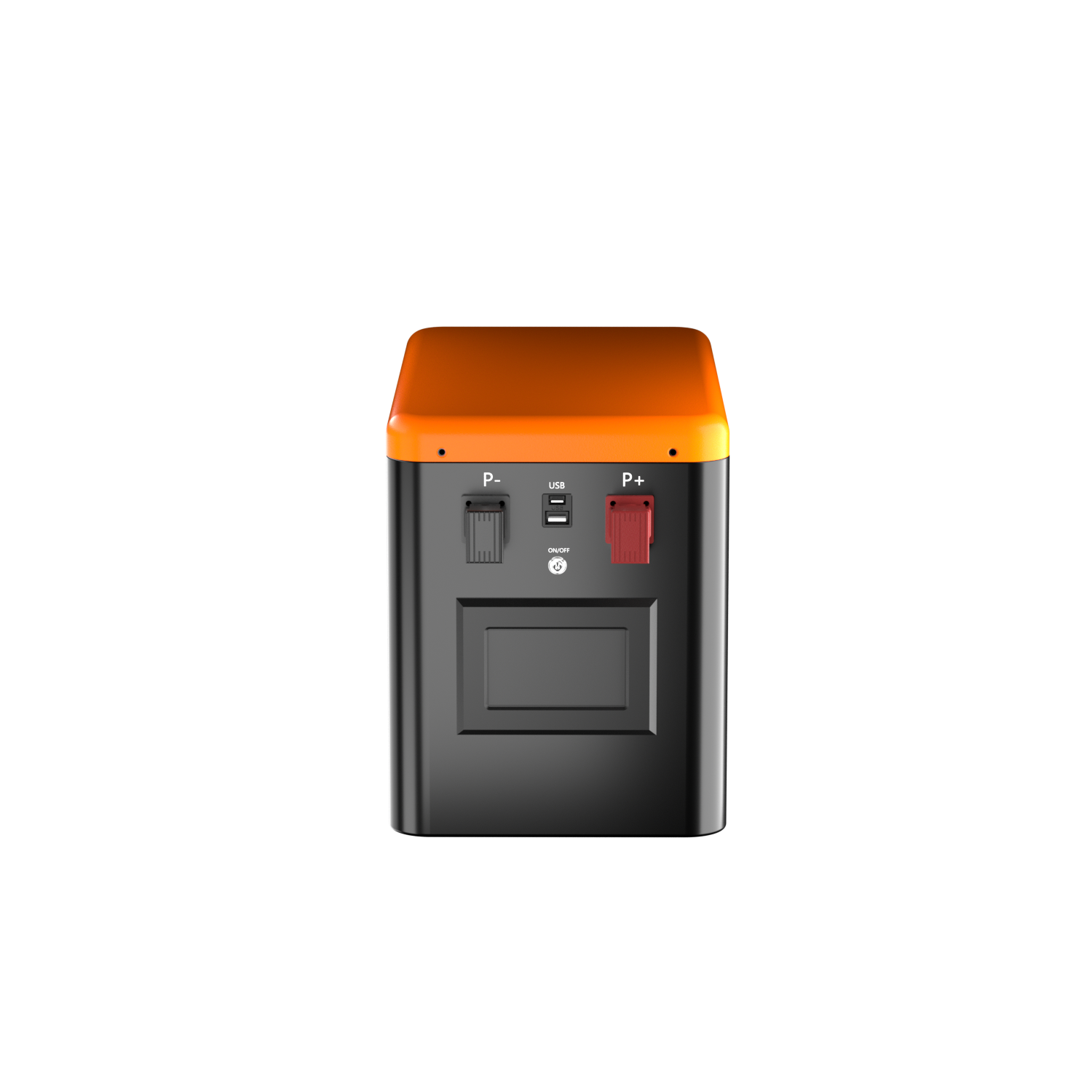
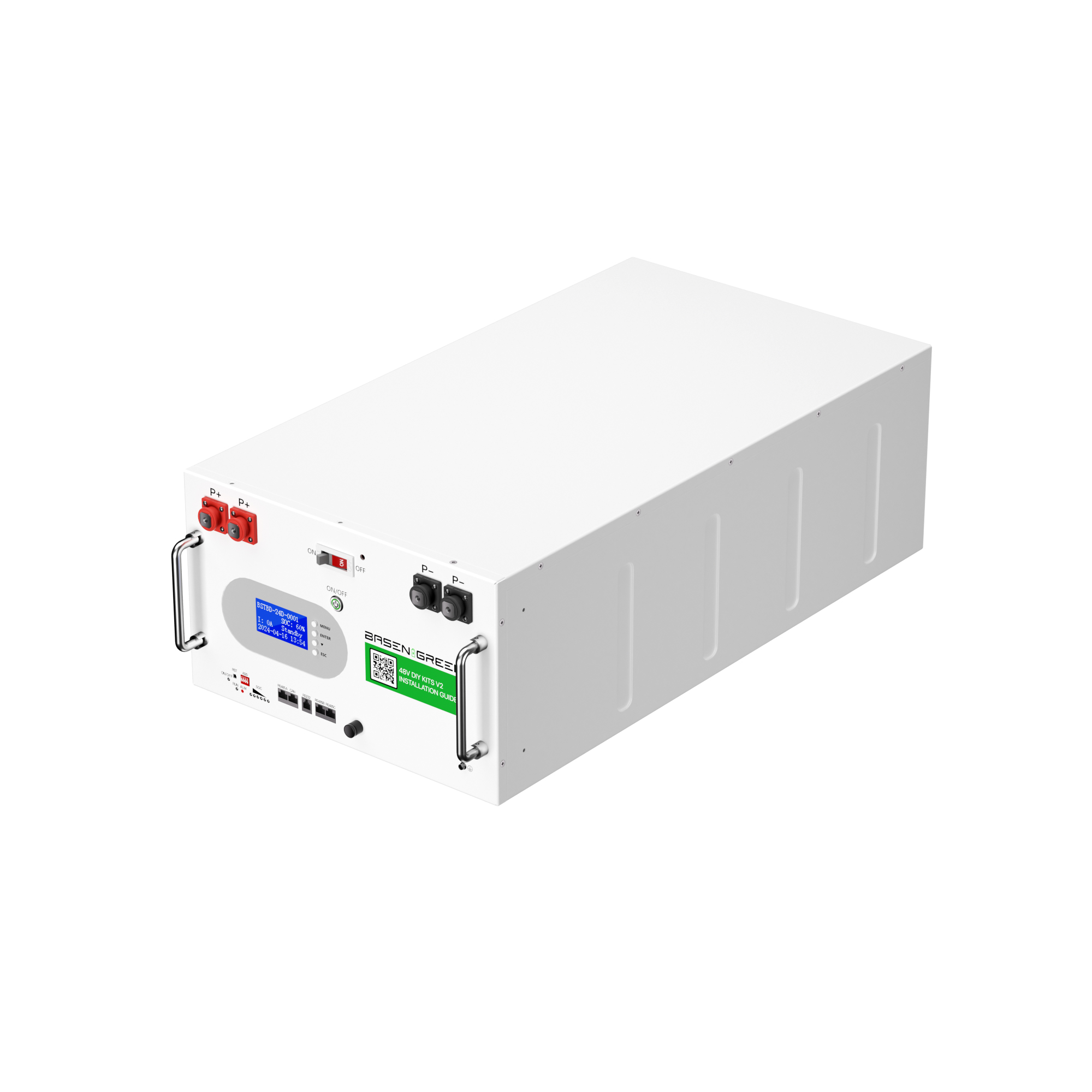
.png)